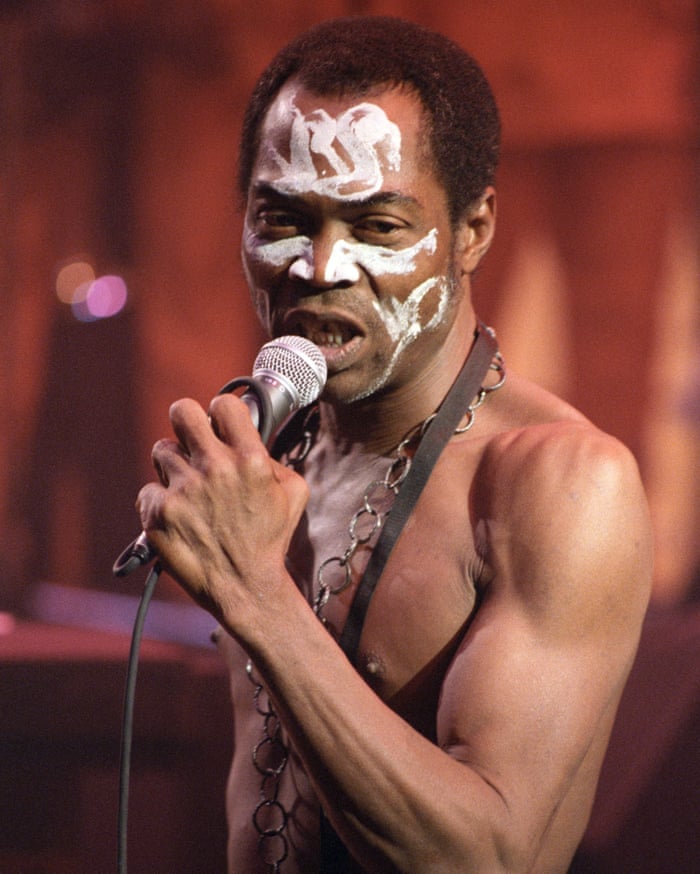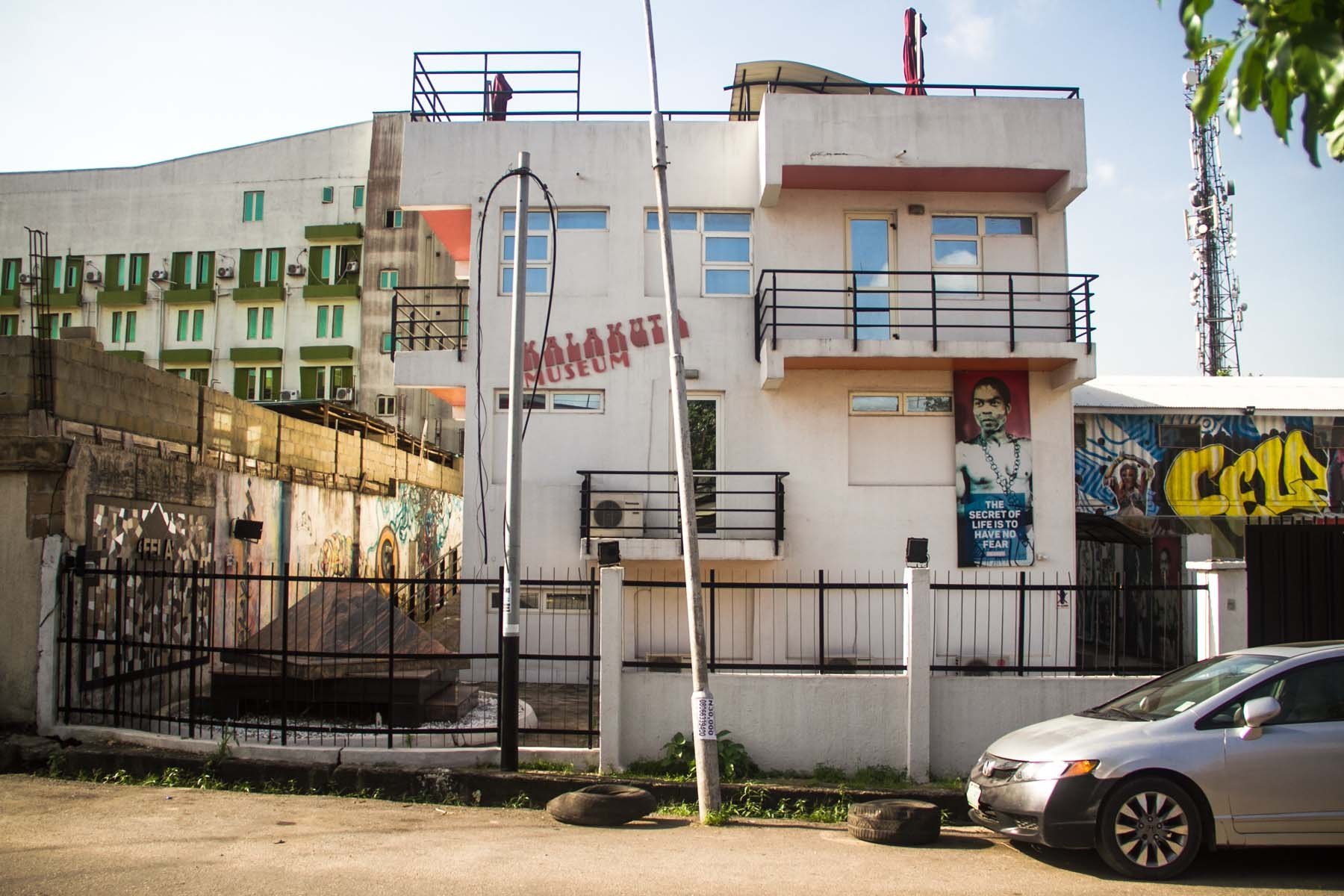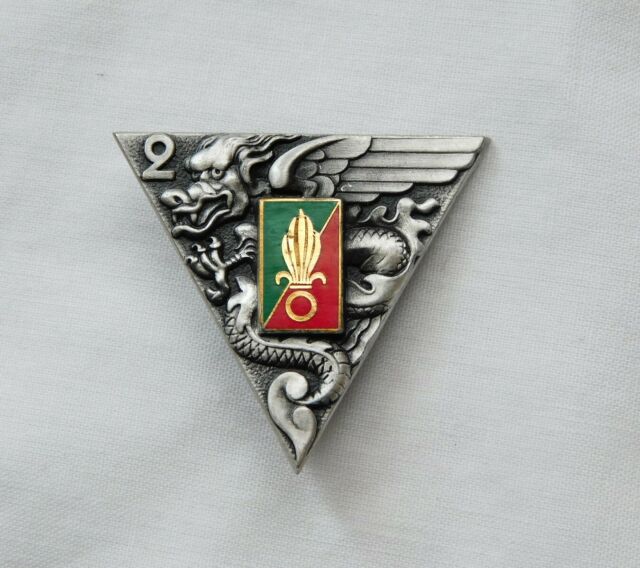The Kalakuta Republic. Unrecognised Countries is a category every geopolitical geek can get quite obsessive about. Transnistria, South Ossetia, Nagorno-Karabakh, Somaliland, Western Sahara pop up in the news now and again.
Micronations takes the geekiness to a whole new level. The Principality of Sealand keeps the flag flying, and others were well-known such as the Principality of Hutt River in Australia which existed until 2020. The new kid on the block is of course Islandia.
Historically micronations have come and gone, and the subject of this blog is one which deserves a bit more attention that it generally gets – The Kalakuta Republic.
What was the Kalakuta Republic?

The Kalakuta Republic was the abode of Nigerian musician Fela Kuti in the 1970s. It was named after the Calcutta prison cell where he spent time in jail. His family lived there, it was his recording studio and his band lived there too. It also operated a clinic. The address was 14 Agege Motor Road, Idi-Oro, Mushin, Lagos.
It basically became a commune not dissimilar to others that sprang up around America. But this was in Nigeria.
Nigeria in the 1970s was run by a military junta headed by General Olusegun Obasanjo, and Fela Kuti had quickly become the bête noir of the government.
In 1970, after 10 months in the USA, Fela Kuti returned to Nigeria and declared the Kalakuta Republic independent of the Nigerian Republic.
Who was Fela Kuti?

Fela Kuti was a pioneering Afrobeat musician with his band Africa ’70. His music combined traditional African Yoruba music with funk, jazz and other styles. If anyone is still wondering why after releasing the immensely successful records The Bends and OK Computer Radiohead went off in a totally different direction, you can basically blame Thom Yorke’s love of Fela Kuti.
But he was also a political activist and an icon for the poor. While in the US in 1969 the band became close with the Black Panther Sandra Izsaore, but his mother, a feminist and anti-colonialist in British-controlled Nigeria and after, had been a big influence on him too. His mother won the Lenin Peace Prize which she received in Moscow after her work including winning the right to drive for Nigerian women.
Zombie and the Nigerian Military

There were numerous reasons why the Nigerian military government were not massively pleased with Fela Kuti, but in 1977 he released the record Zombie, which brought things to a head.
The song Zombie criticised the Nigerian military, describing the soldiers as zombies, simply listening to commands and not thinking about the consequences of their actions. He described them as tools of the corrupt and brutal military leaders, oppressing the people, corrupt and out to simply enrich themselves.
What happened to the Kalakuta Republic?
The government started to criticize the Kalakuta Republic as being a cover for prostitution or at least unbecoming behaviour. Fela Kuti was accused of keeping a harem of women there.
Trouble was brewing, and in 1977 the military government sent soldiers to destroy the Republic. Nobody can accuse them of doing things by half, and they sent no less than 1000 soldiers to do the job. The soldiers beat people up, including Fela Kuti who received bullet wounds. They pushed his mother out of a second-floor window, critically injuring her, and she died eight days later.
They then set fire to the generator which kept the electric fence running and torched the whole compound which burned to the ground.
What happened afterwards?
Fela Kuti delivered the coffin carrying his deceased mother to General Obasanjo’s doorstep, later writing the song Coffin for Head of State. The official government line was that the Republic had been torched by an “unknown soldier”, which gave Fela Kuti another song title. The events were completely banned from being published in state media though, and many people remained unaware of what had happened.
As can be imagined, the events did not lead him to soften his political views towards the Nigerian military junta. The violence against Fela Kuti did not cease, but neither did his musical output, which became more and more concentrated against the evils of the Nigerian regime.
He founded the party Movement of People (MOP), aiming to “mop” up the violence and corruption in Nigerian governance. He tried to stand for election but was continuously banned from taking part.
In 1978, one year to the day after the events at the Kalakuta Republic, Fela Kuti married 27 women, many of whom he worked with as part of his musical career. He did this to protect the name of the women, with rumours spreading that they had been kidnapped, and also give them legal protection. He was also a polygamist by belief, rejecting the Christian and Islam religions that had spread through Africa with colonialism.
In 1997 Fela Kuti died of AIDS related complications, something he had not publicized, and his funeral was attend by more than a million people.
Was the Kalakuta Republic really a micronation?
This is certainly up for debate. In theory, any old Joe could declare his bedroom independent, but does that make it a micronation?
In general, we would expect a fair amount of effort to be put into a project before it becomes a fully-fledged micronation, and as the Kalakuta Republic did exist in for 7 years, and because we can forgive the fact it didn’t have a website simply because Al Gore hadn’t invented the internet back then, we think it did count.
Can I visit the Kalakuta Republic?
Ranked 11 in Lagos by TripAdvisor, the Kalakuta Museum in Lagos is on the site and you can visit and see Fela Kuti’s home, exhibitions about his life and even his tomb which is within the compound.
Listen to Brian Eno’s top five Fela Kuti tracks on Spotify
Want more content like this? Then subscribe.




